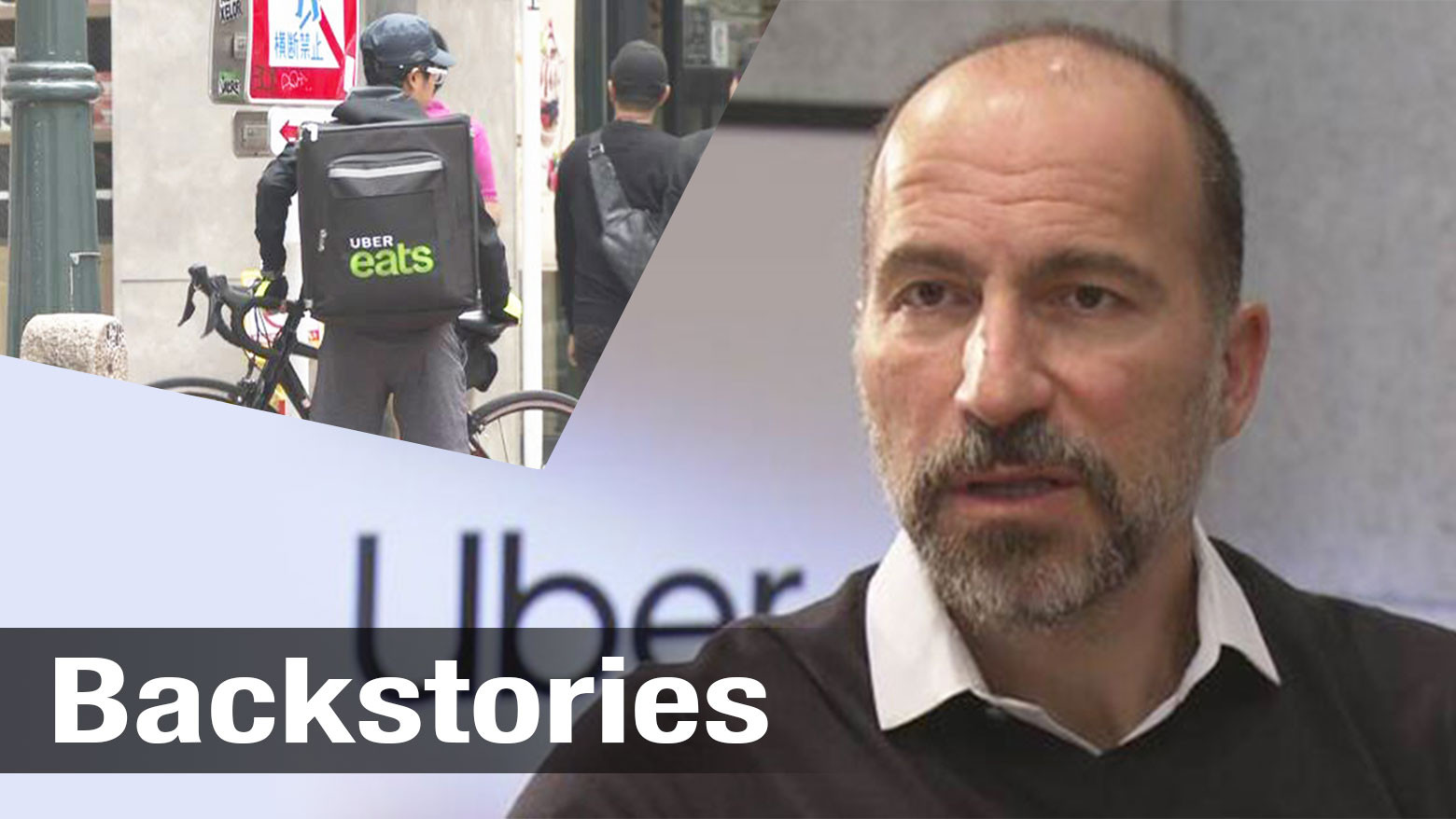"Classifications of labor are centuries old"
Q: To start off, there is a big debate about whether your company should treat drivers and delivery partners as employees or contractors. What do you think about this?
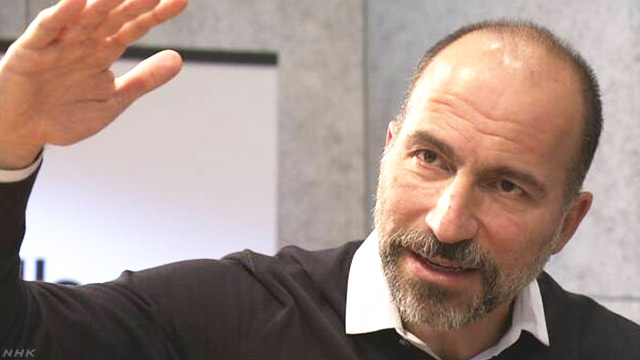
We're caught up in classifications of labor that are centuries old. There's this perception that either you're full-time labor and you get all benefits, etcetera, or you're part-time labor and you don't get any benefits. We want to create a new type of work that has all the flexibility and that you can earn anytime that you want. But also have some of the protections that you associate with full time work.
Drivers as "users"
A law in the state of California went into effect this January making it harder for companies like Uber to classify their drivers as "independent contractors."
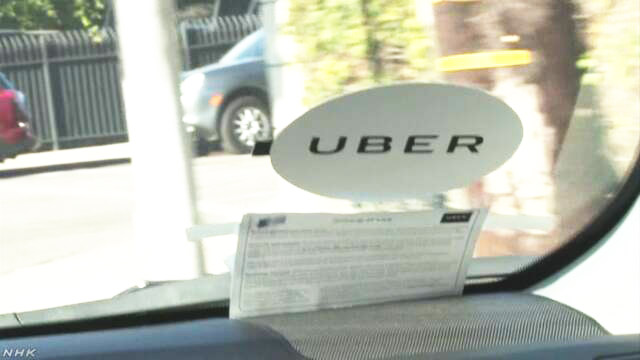
Q: When you say you're creating a "new type of work", do you mean that you're going to treat drivers for your ride-hailing service and couriers for your food delivery service as company employees?
No, they are users. Uber is essentially a platform. We have riders who want to go from point A to B. We have eaters who want to eat. And you have earners who want to earn money. I think ultimately the benefit of drivers is going to be the benefit of us. They are benefiting from the use of our platform. Otherwise, they wouldn't sign on and we wouldn't be around without them.

Q: Food delivery services are getting popular here in Japan. And as this happens, calls for improvements to working conditions are getting louder. How will you respond in this country?
I think that if we don't change, we will fall behind. We listen to our drivers and couriers and are constantly looking to improve our service as well. You can never make everybody happy. But in order for us to grow, we have to have that dialogue and we need to continue to improve. I absolutely believe that we've got to improve as a ride service, as a taxi service, as an eat service. And we have to improve in terms of a source of earning opportunities.
Q: Uber is planning to launch an aerial ridesharing service in 2023. And the company bought Jump, the e-scooter sharing firm. How is Uber positioning itself for the future?
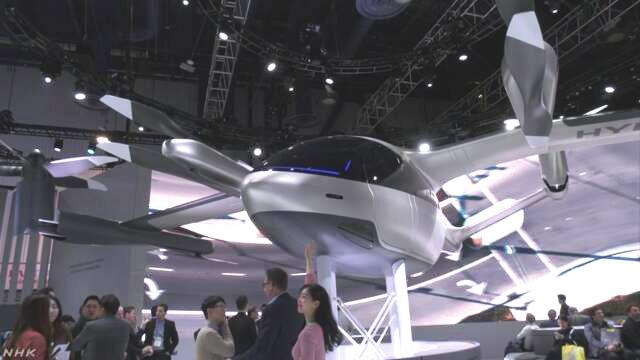
We're undergoing two significant transformations. We're going from a rideshare business to, essentially, a mobility on-demand business. Any way that you want to get around in your city, we want to have our AI algorithms advise you on what's the best way for you to get from point A to point B. And we want to make sure it's affordable, it is fast, and incredibly easy. On the eat side, we're expanding from food to grocery delivery. Ultimately, when it all comes together, we want to be the operating system for your daily life. Any place you want to go in the city, or anything that you want in your city, we can deliver for you in a fast, easy, affordable, efficient way.

Path to profitability
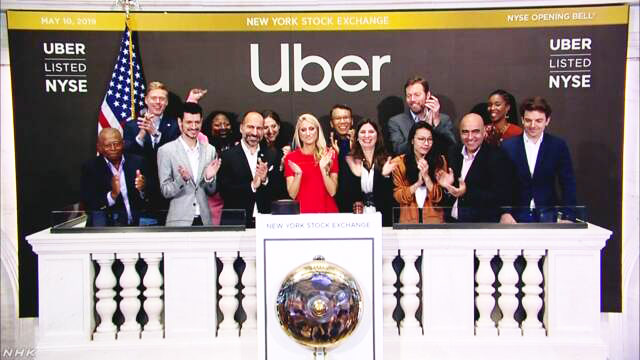
Q: You've faced some challenges since going public last May. Shares dropped sharply and you recorded huge losses. Do you have a path to profitability?
The market that we're going after--the food market, the transportation market--these are markets that represent over 10 trillion dollars that consumers spend on a global basis. And if you want to go after markets that are that big, you have to invest. But markets now are demanding profitability faster and we have also made the switch and very recently we told our investors that we're going to hit profitability from an EBITA standpoint in the fourth quarter of this year. We think we're in a great position to have not only scale but also profitable scale. And I think that puts us in an enviable position, compared to our competitors.
Uber is one of a number of tech giants that burst onto the scene as a "disruptor", bringing about changes to existing business models. But now, these companies are facing questions about their continued growth and responsibility to their workers and consumers. If Uber hopes to achieve Khosrowshahi's goal of becoming the all-in-one app for everyday life, the company will need to prove it is more than just a disruptor.
This interview was conducted on February 20th in Tokyo. It has been edited for brevity and clarity.
